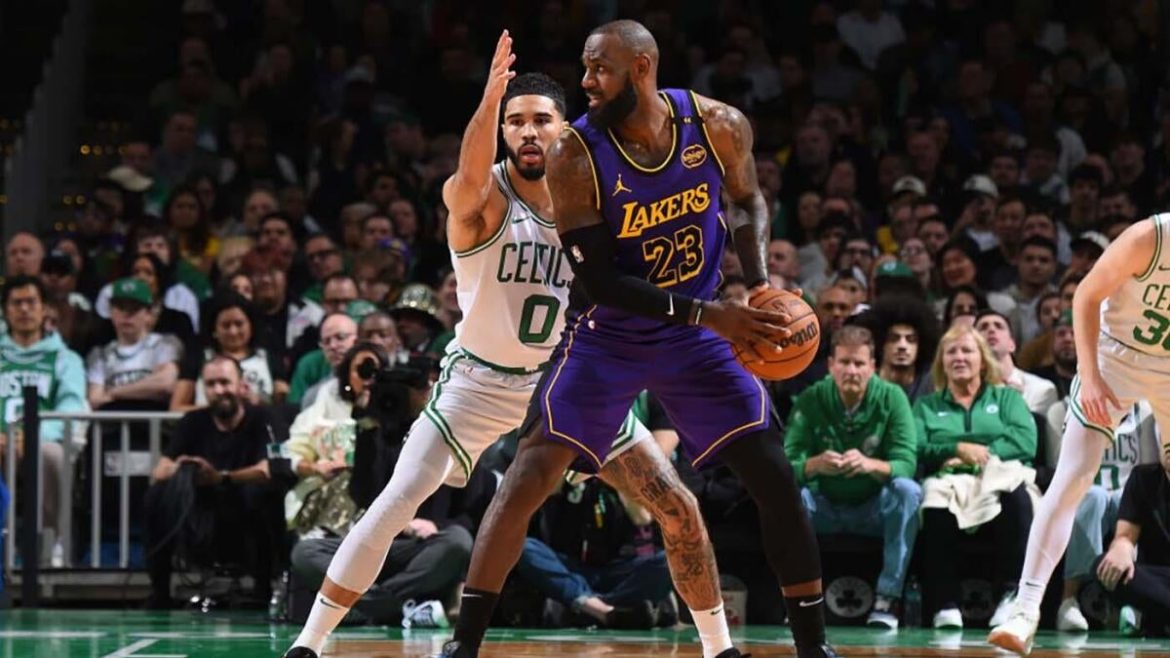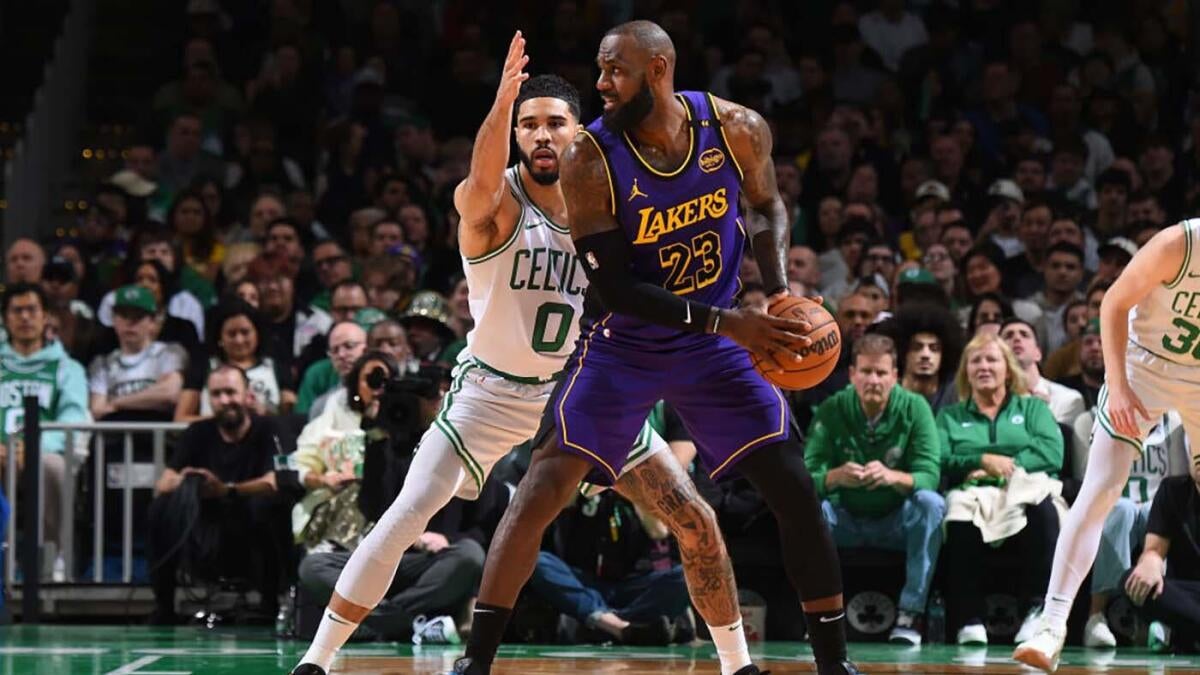LeBron James’ perspective on the Boston Celtics’ recent playoff exit offers a compelling lens to understand the dynamics behind one of the NBA’s most surprising upsets. His candid assertion that the Celtics “got bored” because of how “great they are” raises broader themes about motivation, mental focus, and the pressures on top-tier teams. Examining this viewpoint provides insight into the Celtics’ performance against the New York Knicks, alongside implications for both franchises and the league.
The Celtics’ Collapse Against the Knicks: A Contextual Overview
Coming off a championship-winning season, the Boston Celtics entered the 2024 Eastern Conference semifinals with high expectations. Despite securing the No. 2 seed, they were defeated in a 4-2 series by the No. 3 seed Knicks—a result that shocked many, given Boston’s dominant roster featuring stars like Jayson Tatum and Jaylen Brown. The Celtics squandered numerous big leads, notably blowing three double-digit advantages during the series.
The injury to Jayson Tatum, who suffered a devastating Achilles tear in Game 4, compounded their challenges, but LeBron’s commentary suggests the issues ran deeper than physical setbacks. The implication is a complacency or loss of edge arising from the team’s confidence in its own greatness, contributing to a drop in intensity that allowed the Knicks to seize momentum.
“Getting Bored”: Exploring the Psychology Behind LeBron’s Statement
LeBron’s assertion that the Celtics got “bored” captures a paradox often encountered in elite sports teams: the difficulty in maintaining maximum focus once a high standard of success has been reached. This phenomenon can lead to underestimating opponents or losing the mental sharpness needed to close out games, particularly in pressure-packed playoff series.
Being “great” comes with psychological complexities. Dominant teams frequently face the challenge of cultivating sustained hunger. When accustomed to winning, some players may unconsciously relax, leading to lapses that opponents can exploit. This situation was evident in the Celtics’ inability to consistently manage leads against a gritty Knicks team hungry for an upset.
The Knicks, in contrast, were perceived as underdogs with a chip on their shoulder, embodying resilience and relentless effort. Their defensive prowess, combined with timely offensive bursts, capitalized on Boston’s dips in concentration—a classic example of how mental fortitude can tip playoff series.
LeBron James’ Role and Reflection on Lakers-Celtics Rivalry
LeBron James, a key rival and contemporary to the Celtics’ rising core, offers a unique vantage point on this dynamic. His recognition of boredom as a factor is not merely critique but a reflection on the inevitable challenges faced by teams at the summit of the NBA hierarchy. It also sets a benchmark for the Los Angeles Lakers’ ambitions; LeBron has indicated that the Lakers aim to reach the Celtics’ level but acknowledge they “are not there yet.”
Moreover, LeBron’s comments shed light on the intense rivalry between these franchises. Having faced each other in crucial postseason moments, the dialogue around motivation, legacy, and mental edge is intertwined with their competitive narratives. LeBron’s openness about these factors brings attention to the human elements behind professional basketball—where mental state and willpower are as critical as skill and tactics.
Broader Implications for Team Culture and NBA Competition
The Celtics’ experience serves as a case study in the importance of continuous mental engagement for championship contenders. Teams cannot afford to rest on past laurels or the belief in inherent superiority without cultivating daily focus and hunger. This lesson resonates with coaches, players, and organizations striving to sustain success amid evolving challenges.
The Knicks’ victory also symbolizes the vibrant competitiveness burgeoning in the Eastern Conference. Their capacity to force the Celtics into vulnerable moments suggests a shifting landscape where grit and determination can offset individual star power. This balance adds intrigue to the NBA’s narrative, emphasizing that title runs depend on both talent and mental toughness.
Conclusion: The Cautionary Tale of “Greatness” and the Road Ahead
LeBron James’ candid assessment of the Celtics’ boredom underscores a pivotal truth in sports: greatness demands relentless motivation beyond skill alone. The Celtics’ playoff exit illustrates how even elite teams can falter if complacency creeps in. For the Lakers, this serves as both a warning and roadmap—to build a team capable not only of competing at the highest level but also possessing the mental drive to seize key moments.
The NBA thrives on these dramatic contrasts—the powerful favorite tested by the hungry challenger. As the Celtics regroup and the Knicks build on their breakthrough, understanding the psychological terrain highlighted by LeBron will be central to future success. Ultimately, the message is clear: sustained excellence requires perpetual hunger, or greatness risks becoming a barrier to victory rather than a guarantee.





